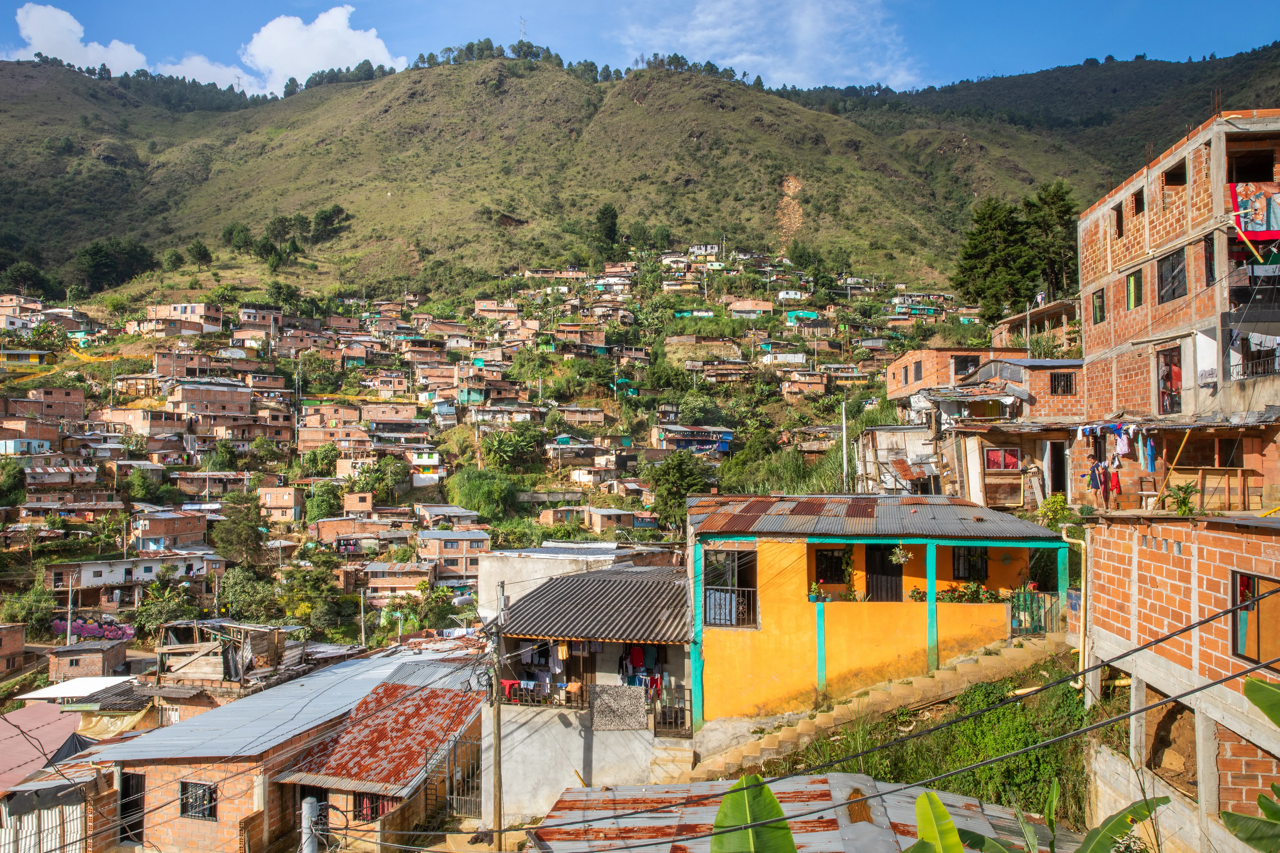Why We Invested in Fibrazo | Closing the Connectivity Gap for Low-Income Urban Populations in Latin America
Photo courtesy of Mercy Corps.
In 2016, the UNGA declared internet access a basic human right.
Internet access is integral to thriving and inclusive economies. A 10% increase in broadband penetration generates a 3.19% increase in GDP and 2.6% increase in productivity (IDB, World Bank, Broadband Commission). As cities and jobs become increasingly digital, access to reliable internet is a critical gateway to online activities that translate to increases in stability and income over time, from e-learning to telemedicine to remote work.
However, stable, reliable, and affordable internet is not reaching marginalized groups in Latin America’s growing cities, making them unable to benefit from these gains. Fifteen percent of Latam’s population (over 40 million households), the majority of whom are low-income and living in urban, informal settlements, lack access to fixed internet in the home. Where fixed internet does not reach, mobile is often available but is prohibitively expensive. Additionally, wireless providers offer inflexible packages that cut off service as soon as a data package has expired which is ill-adapted to the needs of marginalized clients whose income flows are often volatile and require more flexible payment mechanisms — limiting the amount of data that households can consume.
THE FIBRAZO SOLUTION
Fibrazo is a startup focused on closing the “connectivity gap” for the urban population living in low-income settlements across Latin America. Estimating a $15 billion neglected market in the region, the company provides low-cost fiber internet to reach and service low-income groups via a customer-centric, pay-as-you-go model for high-speed internet plans designed to user needs.
Fibrazo identifies barrios (neighborhoods) in the urban periphery which do not have internet access, and partners with internet companies to extend fiber connection from the city to a single point in a barrio. From there, the company does the last-mile connection and offers households free trials for 2 weeks via door-to-door agents. Those that are interested then get connected with a modem and, after a free trial, convert to paying customers. Fibrazo also provides flexible payment terms to ensure full connectivity to customers during late payment periods.
THESIS AREAS — CLIMATE SMART TECH & INCLUSIVE FINTECH
Access to the internet enables communities to stay connected to work, school, financial services, and access important updates when their mobility or connection is otherwise impacted due to disruptions such as climate shocks, pandemics, or political unrest. Internet is thus a fundamental tool to unlock all of the other innovative products that we invest in, and yet simple, flexible, and affordable pay-as-you-go internet does not exist for urban communities in Latin America. Fibrazo has designed a model that delivers a critical service through a payment structure that meets users’ volatile income streams, allowing users to remain connected amidst disruptions that affect their regular cashflows.
In addition, Fibrazo’s solution is directly linked to Mercy Corps Ventures’ Climate Smart Tech Thesis and Inclusive Fintech Thesis:
The ability to work and study remotely increases productivity and therefore, income
Remote work reduces transport costs, time, and the carbon footprint associated with traveling through congested cities
The cost of Fibrazo’s internet plan is significantly cheaper than buying data packages on cell phones and tethering, resulting in significant cost savings relative to alternatives
Unlike other embedded finance solutions, Fibrazo not only offers the prospects of creating a digital credit history by regular internet payments, but also builds a direct relationship with each customer that is rooted in their physical house, neighborhood and surroundings, allowing Fibrazo to build a much more complete picture of their users and develop tailored products specifically designed to meet the need of those users over time (e.g., loans, mortgages, insurance, etc.)
“The ‘connectivity’ sector is something we have yet to invest in, despite mapping strongly to our resilience framework: WiFi broadband internet is essential to participate in the modern economy and a large portion of Latin American households in the periphery of cities still do not have access. Fibrazo’s is led by serial founders that clearly deeply understand the market, technical side, and scaling path with a track record of success in businesses oriented to bottom-of-the-pyramid populations in Latin America, and globally”
Dan Block, Partner at Mercy Corps Ventures“We get very excited when we find partners that share the authentic will of improving the lives at the bottom of the pyramid and the agility to make it happen. Mercy Corps is clearly both of those things.”
Emiliano Mroue, Founder of Fibrazo
Stay tuned for more updates on our portfolio here.

